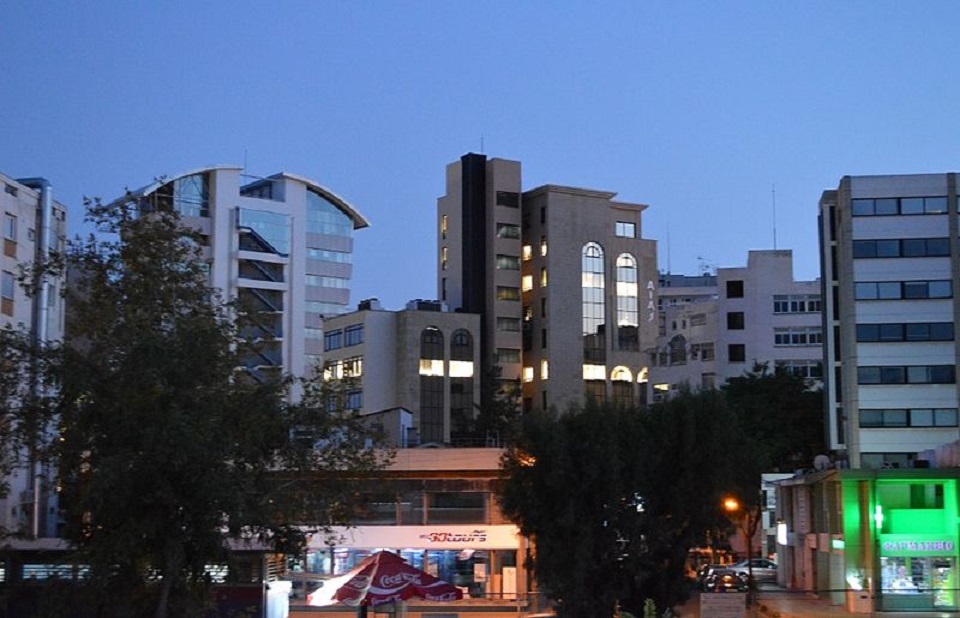
Cyprus Confidential: International investigation involving SRT grantees uncovers evidence of money-laundering in Cyprus
Five SRT grantees, Organized Crime and Corruption reporting Project (OCCRP), the Bureau for Investigative Journalism, Direkt 36, Crime and Corruption Reporting Network, and Arab Reporters for Investigative Journalism, are among the consortium of journalists to have uncovered extensive evidence of corruption and money-laundering in Cyprus. They formed part of a global collaboration, led by the International Consortium of Investigative Journalists (ICIJ) and Paper Trail Media, which investigated files from the largest ever financial data leak. Partners analysed a cache of 3.6 million files, dating from the mid-1990’s to 2022, which included confidential background checks, organisational charts, financial statements, bank account applications and emails.
The documents revealed evidence that hundreds of millions of Euros in assets belonging to anti-democratic actors, have been transferred through six Cypriot financial service providers. Crucially, this includes evidence of some funds originating from sanctioned Russian oligarchs at a time when sanctions were in place across Europe in the wake of Russia’s 2014 annexation of Crimea and their full-scale invasion of Ukraine in 2022.
OCCRP wrote that: “When Cyprus joined the European Union in 2004, the island became their [Russians’] gateway to Europe. Less than ten years later, there were some $31 billion of Russian assets in Cyprus, according to Moody’s estimates… And more than 650 trusts and companies registered on the island were owned or controlled by Russians who have been sanctioned since 2014.”
Some of the more high-profile findings include a money trail which they believe links Russian oligarch Roman Abramovich to two men with close financial ties to President Vladimir Putin, in a secret $40m deal in 2010. The former Chelsea Football Club owner, sanctioned in April 2022, has previously denied any financial relationship with the Russian leader. Cypriot financial firms are also alleged to have supported Abramovich in what may have been a breach of football’s strict ‘financial fair play’ rules.
Additionally, services firm PricewaterhouseCoopers (PwC) Cyprus and other advisers are alleged to have helped one of Russia’s most powerful oligarchs, Alexei Mordashov, in his attempt to transfer £1bn into a public company on the day he was placed under EU sanctions. According to the Cypriot finance ministry, “a criminal investigation is being carried out” relating to this.
Leaked documents are also reported to include detailed discussions between the Syrian Petroleum Company, controlled by the government of Bashar al-Assad, and a Cyprus-registered intermediary organisation. Correspondence allegedly indicates willingness to conduct at least five transactions to a US-based organisation between 2014-2019. In 2011, the US had imposed a strict ban on exports to Syria “in response to the Syrian regime’s exercise of violence and repression in the region,” specifically naming Syrian petroleum in the sanctions.
A spokesman for the Government of Cyprus responded to the investigation stating that there was; “zero tolerance on matters concerning sanctions evasion and law violation”. He continued that the “government is unequivocally committed to fighting corruption and illicit finance and taking all necessary actions to ensure full implementation of EU sanctions.”
Return to grantee stories
